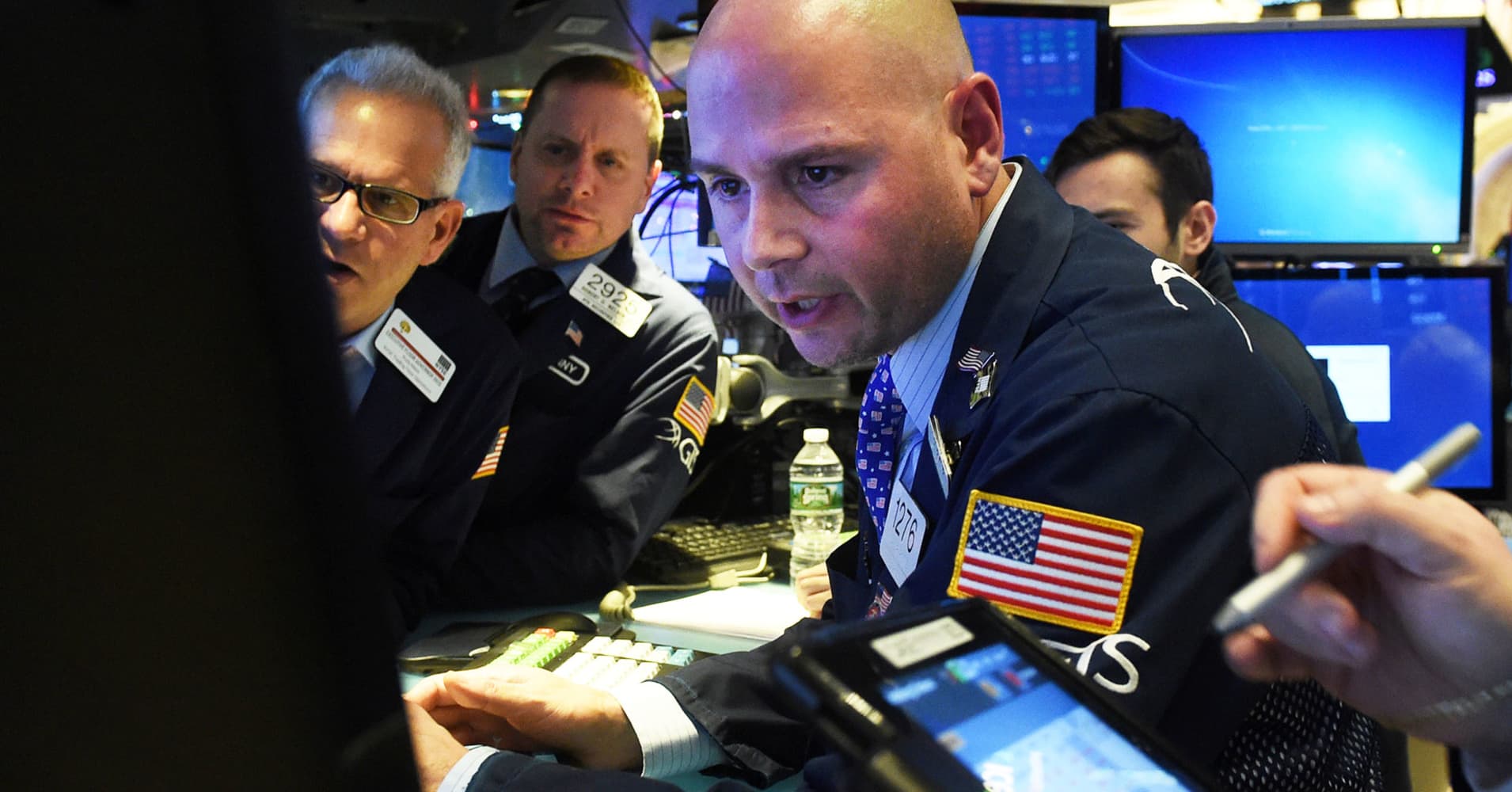
Wall Street bears are on the prowl.
The Dow Jones Industrial Average and the Nasdaq Composite just closed out their worst week since the financial crisis, while the S&P 500 closed the book on its worst week in eight years. The sell-off pushed the Nasdaq into bear market territory as fears of a government shutdown added to the pain already being felt by the markets as a result of the Federal Reserve's decision to raise interest rates on Wednesday.
Four experts weigh in on the whipsaw action:
· Neuberger Berman's Erik Berman says that even though his firm is heading towards overweight global equities early in 2019, there are reasons to be cautious. "There's so much technically driven and sentiment-driven selling going on right now, and lack of liquidity, that we very much want to be cautious between now and the end of the year," says the multi-asset CIO. On the whole, though, Berman thinks the market is pricing in too much fear in the new year. "In emerging markets and some of the other areas overseas have kind of caught up to the U.S. on the currency and debt side, so we're now including the U.S. as being part of the opportunity set, because we really think markets have gone too far in re-rating global growth and reassessing global liquidity."
· Bank of the West chief economist Scott Anderson echoes that sentiment: "We think the U.S. economy is performing better than the stock market right now, and we agree with the argument that you don't go from 60 to zero overnight. We're decelerating, the data is softening, but we're not falling off a cliff." However, Anderson says the Fed needs to take a closer look at their policies in order to keep the U.S. economy growing in the back half of 2019. "I do think the Fed should look at their monetary policy right now, and I do think quantitative tightening is a part of that… I think this is something the Fed should look at: 'Do we need to make an adjustment, are we doing too much?'"
· JPMorgan's Anthony Chan says that we're not quite in a bear market yet, but he's concerned by the discrepancy between the message the markets got from Fed chairman Jerome Powell on Wednesday, and what they got this morning from New York Fed president John Williams. "The market reaction was Jerome Powell is set in his ways, they're going to raise interest rates – maybe they'll adjust it a little bit, instead of three, they may do two – but they feel the economy is very strong… Today John Williams told us, 'if you approach bearish drive, when you get into bear market territory where the S&P 500 drops 20 percent or more, we are listening and we are ready to adjust,'" Chan summarizes. While taking away a proposed rate hike in 2019 would be welcome stimulus for the market, the looming prospect of an S&P 500 that sits in bear territory still exists.
· Glenmede private clients CIO Jason Pride thinks that there's a really good chance that the U.S. economy expands for its tenth year in a row in 2019 – but that there's also a 35 percent chance of a recession. "We put in place last year a recession model internally to try to gauge the probability of a recession in the next twelve months. It's not a perfect indicator, but it gives us an idea of the risk. That recently popped up to 35 percent... A one-third chance is higher than what I like to see, typically. Through the majority of this cycle so far, that indicator had been showing sub-20 percent numbers," says Pride. Should that put investors on alert? In Pride's opinion, U.S. economic expansion will continue, but the possibility of a recession is not one to shrug off completely in a market that has its fragilities. "If you have the right combination of factors that hits it the wrong way, we could see a technical recession," warns Pride.
from Top News & Analysis https://cnb.cx/2Aa2bKe
No comments:
Post a Comment